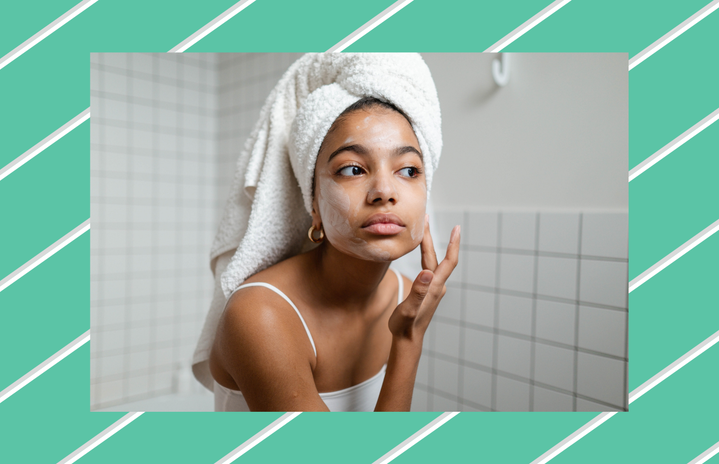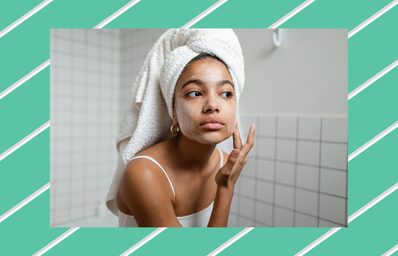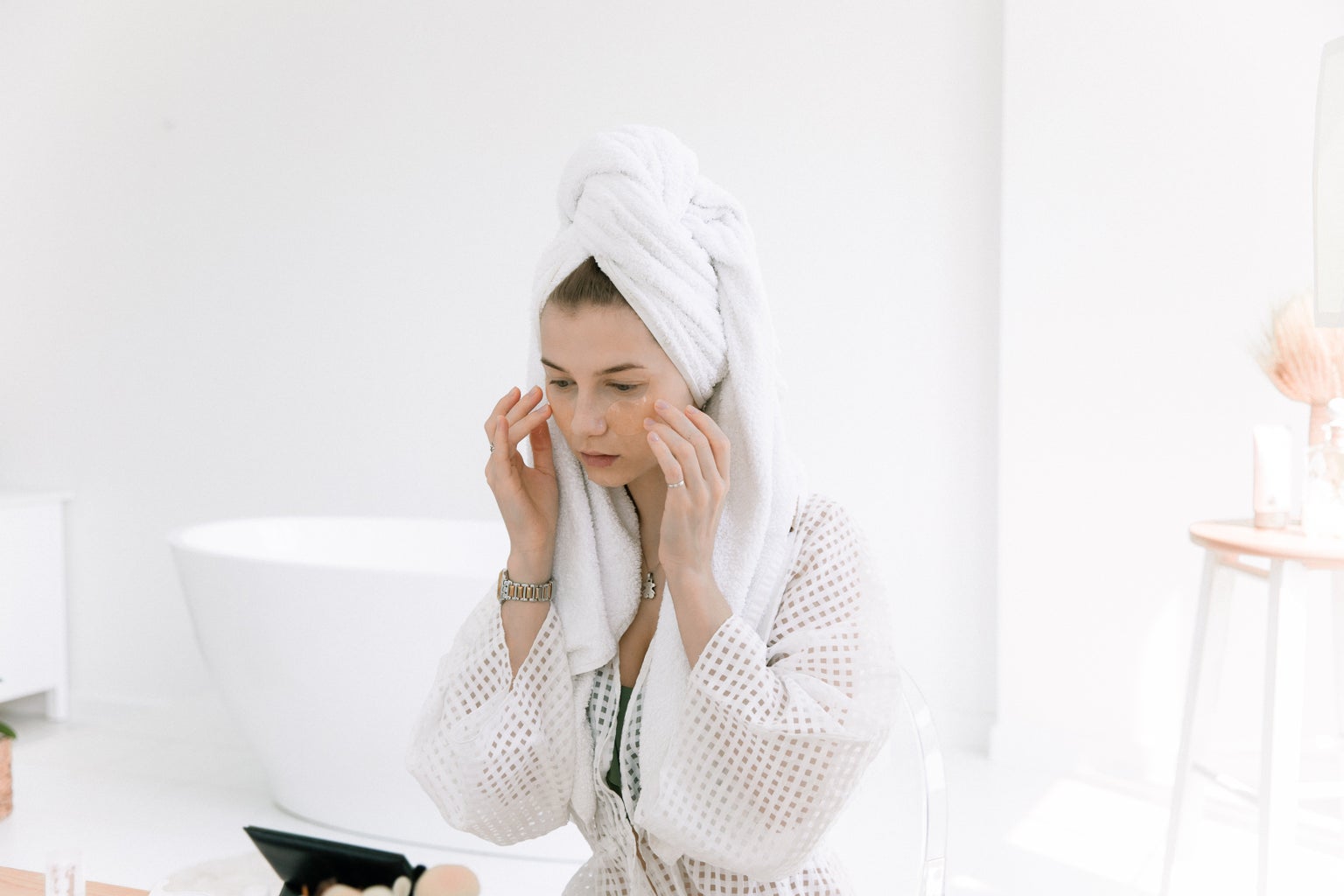I think we can collectively agree that acne sucks. Most people have dealt with acne at some point in their life and probably tried what felt like everything under the sun to get rid of it. There are so many products that claim to help with acne: different face washes, serums, masks, medication and even light therapy treatments. One of those products that I tried and that now sits in my garbage can is Differin Gel.
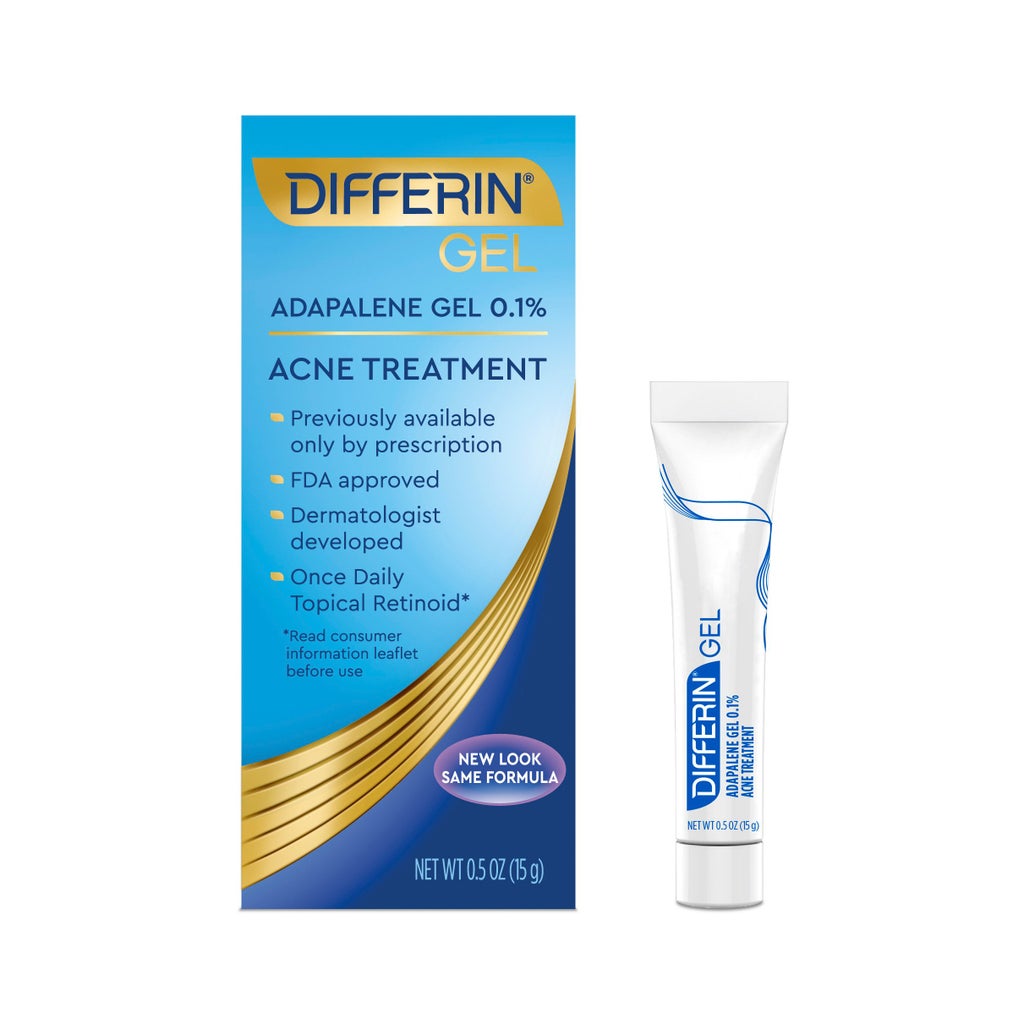
Differin Gel is an over-the-counter topical retinoid treatment that can be bought at local drug stores. The active ingredient in Differin Gel is adapalene, which until 2016 was prescription-only. Some of the claims on Differin’s website are that it clears acne with the power of prescription medication, prevents breakouts and clogged pores and restores skin tone and texture. All of which couldn’t have been more wrong for me.
I will make a slight disclaimer: just because it didn’t work for me doesn’t mean it won’t work for you. If Differin Gel works miracles for you, you go girl!
I struggled with acne at the beginning of high school, but with a little acne face wash I soon had clear skin, and it stayed that way until my freshman year of college. Freshman year of college, I went from having clear skin to having terrible painful breakouts along my chin, cheeks and forehead. In a frenzy, I tried what felt like everything to try and help. At one point I even started using Curology. Nothing worked and so in a last-ditch effort, I started using Differin Gel.
The instructions on how to use were clear: apply after cleansing your skin and follow with a moisturizer. From the reviews I read, they all suggested that I apply every other day in the beginning because it’s known to be harsh on skin.
The one thing Differin and everyone who has ever used Differin Gel warn people about is the retinization period. According to the Differin website, “You may see some mild redness or irritation on the treated area. Don’t freak out. That’s just what dermatologists call retinization; it happens as your skin adapts to the treatment, and usually subsides after about four weeks.” Differin then mentions it should subside after four weeks, but it can last up to 12 weeks before people start seeing clearer skin. To sum it up, they’re saying it’s going to get worse before it gets better.
There were two things that I found a problem with in the above statement. One, my retinization period lasted a whole lot longer than just four weeks. Secondly, it wasn’t just some mild redness or irritation, I was miserable.
I noticed a week after starting Differin Gel that I was starting to break out more than usual and my skin felt like the Sahara Desert. I couldn’t get enough moisturizer, especially around my eyes, nose and the corners of my lips. For a couple of weeks, this resulted in having to glob heavy amounts of Vaseline around those extremely dry areas to ease the discomfort and hopefully help my skin retain some moisture. During this time, I was also dealing with very painful cystic breakouts over my entire face. So needless to say, I was not having the time of my life.
I continued using Differin regularly, holding on to the fact that in 12 weeks I should have clear skin. After some time I entered what I deemed the “grace period.” I started breaking out less and when I did breakout it was less severe and a whole lot less painful. My skin by any means was not perfect. I still had regular acne on my chin and my skin’s overall texture and tone were less than ideal. But I was so happy that my skin seemed clearer, I could ignore all the other problems.
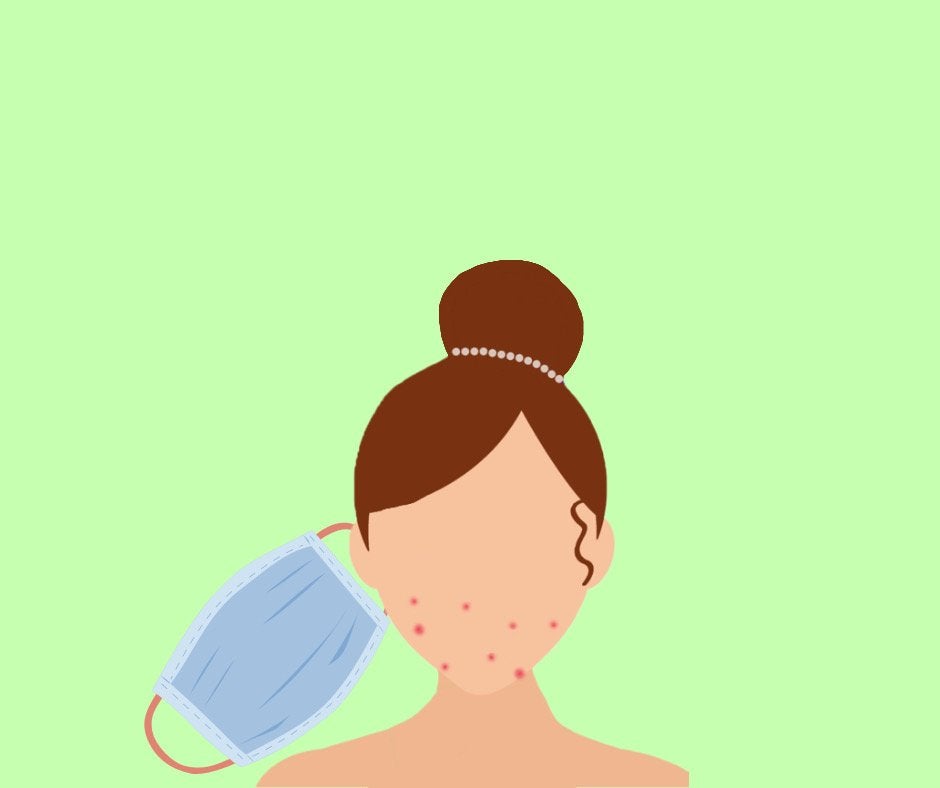
Then, eight months after starting Differin, the acne started returning. My chin started to become a field for painful under-the-skin pimples that seemed to never go away and my forehead was covered in whiteheads. Even my cheek acne, the one thing that improved, started coming back also. I was baffled and understandably upset over the situation.
I started looking at more videos and reviews about products and there was a community of people who were experiencing the same thing. That Differin Gel worked for a little over six months and now their acne is coming back in full swing. I found several reviews on the Reddit thread r/SkincareAddiction talking about their own experiences.
In conclusion, Differin Gel didn’t work for me. After spending money I couldn’t justify as a broke college student and spending eight months trying to get mediocre results, I regret using Differin Gel. If there was a way I could go back in time and tell myself to try something else, I 100% would.
